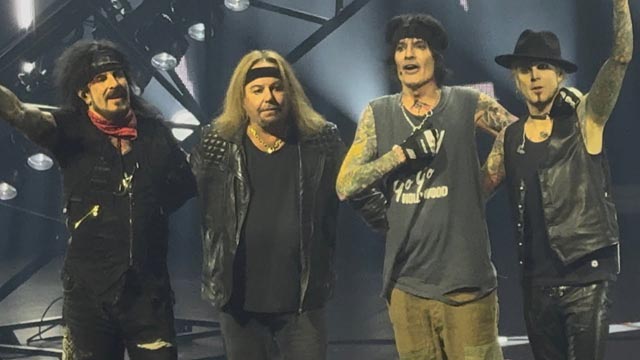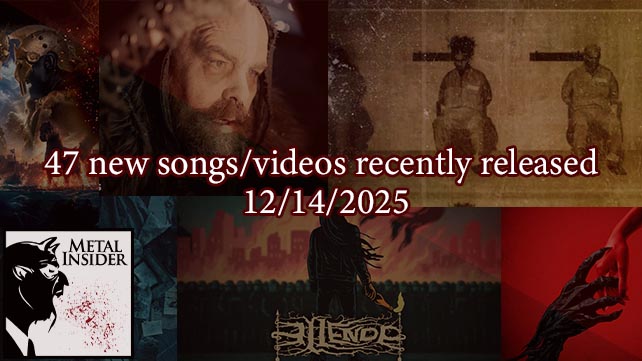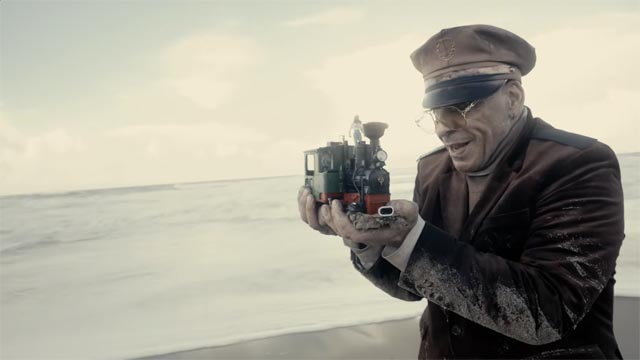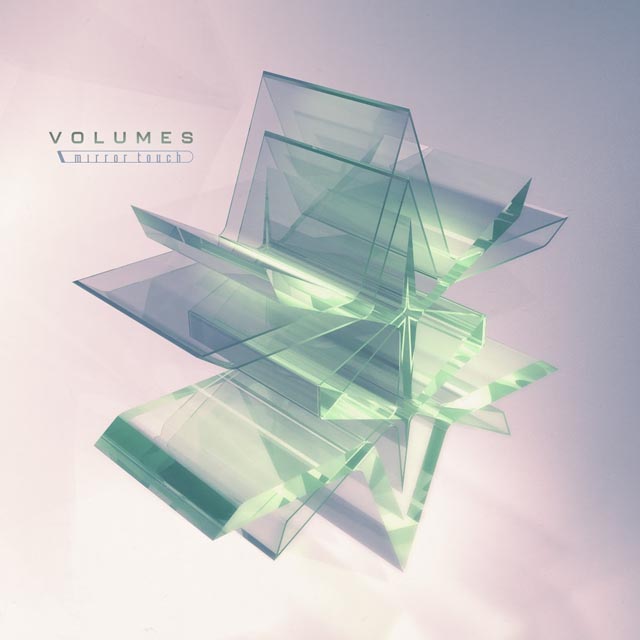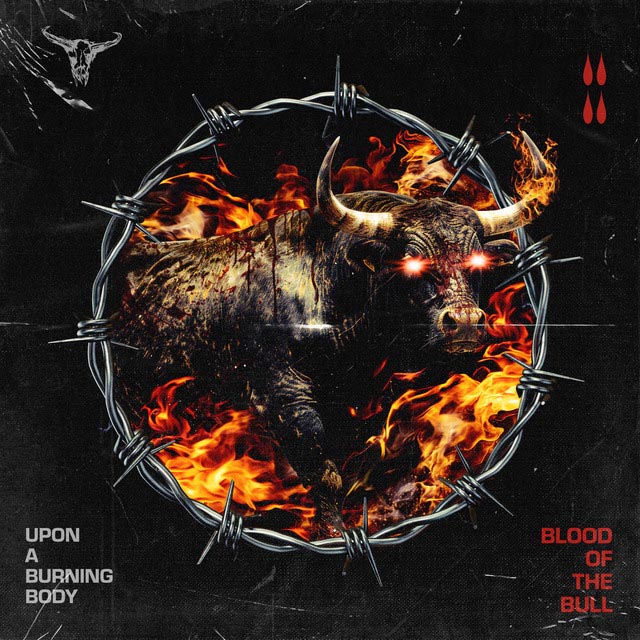 Any true metal fan has probably come into work the day after a show complaining about a bangover, or the soreness you get from banging your head at a show. However, according to medical journal The Lancet, a 50 year-old father was treated for brain bleeding following attending a Motörhead show. Earlier this year, the man came to the Hannover Medical School complaining of constant headaches for the past two weeks that were getting worse. He had no medical history or drug usage that would cause it, but a scan showed a chronic subdural haematoma (aka a brain bleed). He admitted that four weeks prior, he’d gone to a Motörhead show where he’d headbanged. The doctors drilled a hole in his skull, removed the clot, and the man recovered fine. The report is worth reading for several reasons, mainly its closing:
Any true metal fan has probably come into work the day after a show complaining about a bangover, or the soreness you get from banging your head at a show. However, according to medical journal The Lancet, a 50 year-old father was treated for brain bleeding following attending a Motörhead show. Earlier this year, the man came to the Hannover Medical School complaining of constant headaches for the past two weeks that were getting worse. He had no medical history or drug usage that would cause it, but a scan showed a chronic subdural haematoma (aka a brain bleed). He admitted that four weeks prior, he’d gone to a Motörhead show where he’d headbanged. The doctors drilled a hole in his skull, removed the clot, and the man recovered fine. The report is worth reading for several reasons, mainly its closing:
Our patient had no history of head trauma, so we assume that headbanging, with its brisk forward and backward acceleration and deceleration forces, led to rupturing of bridging veins causing haemorrhage into the subdural space. The existence of an arachnoidal cyst in the middle cranial fossa must be regarded as a predisposing factor, rendering the brain susceptible to haemorrhage into the subdural space. This case serves as evidence in support of Motörhead’s reputation as one of the most hardcore rock’n’roll acts on earth, if nothing else because of their contagious speed drive and the hazardous potential for headbanging fans to suffer brain injury.
It also explains the phenomena of headbanging, of “a contemporary dance form consisting of abrupt flexion—extension movements of the head to the rhythm of rock music, most commonly seen in the heavy metal genre.” The article also calls Motörhead a “speed metal” band, which has been picked up by journalists that have probably never listened to metal. The Associated Press spoke to Dr. Ariya Pirayesh Islamian, one of the doctors who treated the man, who summed things up nicely. “We are not against headbanging,” he said “The risk of injury is very, very low. But I think if (our patient) had (gone) to a classical concert, this would not have happened,” adding “rock `n’ roll will never die. Heavy metal fans should rock on.” Thanks doc, we will.



